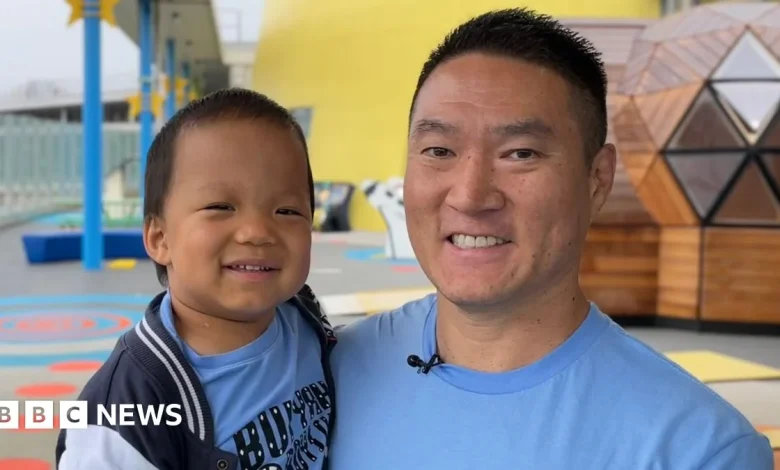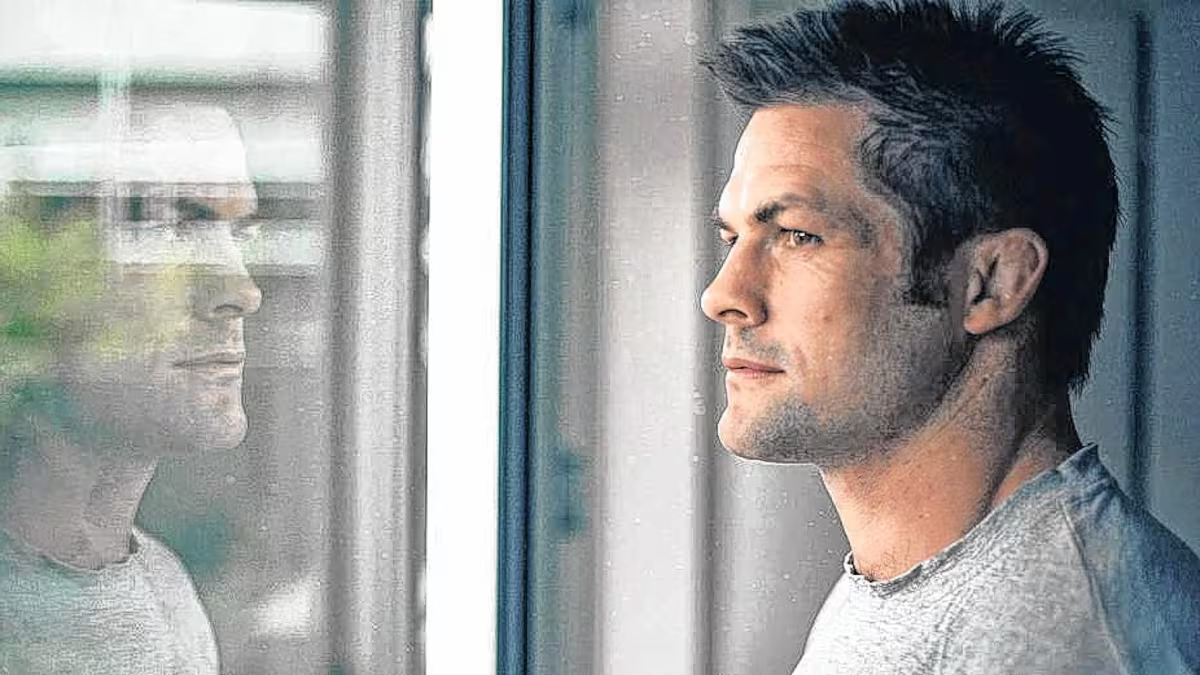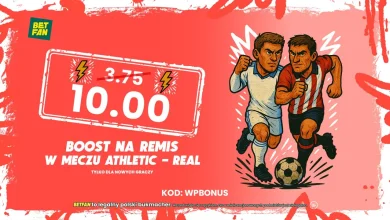Hunter syndrome: Boy with rare condition amazes doctors after world-first gene therapy

Oliver returns to Manchester every three months for a few days of follow-up tests.
In late August, further checks confirm the gene therapy is working.
Oliver is clearly thriving, and to date is now nine months post treatment.
Prof Jones, whom Oliver calls Santa because of his white beard, is beaming: “Before the transplant Ollie didn’t make any enzyme at all and now he’s making hundreds of times the normal amount.
“But more importantly, we can see he’s improving, he’s learning, he’s got new words and new skills and he’s moving around much more easily.”
However, Prof Jones exercises a degree of caution: “We need to be careful and not get carried away in the excitement of all this, but things are as good as they could be at this point in time.”
On the rooftop garden at the hospital, Oliver plays with his dad.
“He’s like a completely different child. He’s running around everywhere, he won’t stop talking,” says Ricky.
“The future for Ollie seems very bright and hopefully this means more kids will get the treatment.”
In all, five boys have been signed up for the trial, from the US, Europe and Australia. None are from the UK as patients here were diagnosed too late to qualify.
All the boys will be monitored for at least two years. If the trial is deemed a success, the hospital and university hope to partner with another biotech firm in order to get the treatment licensed.
Prof Jones says the same gene therapy approach is being applied to other gene disorders.
There are similar treatments on trial in Manchester for MPS type 1 or Hurler syndrome and MPS type 3 or Sanfilippo syndrome.
Ricky and Jingru say they are “eternally grateful” to the Manchester team for allowing Oliver to join the trial.
They say they are astonished by his progress in recent months.
Oliver’s now producing the missing enzyme and his body and brain are healthy.
“I don’t want to jinx it, but I feel like it’s gone very, very well,” says Ricky.
“His life is no longer dominated by needles and hospital visits. His speech, agility and cognitive development have all got dramatically better.
“It’s not just a slow, gradual curve as he gets older, it has shot up exponentially since the transplant.”





